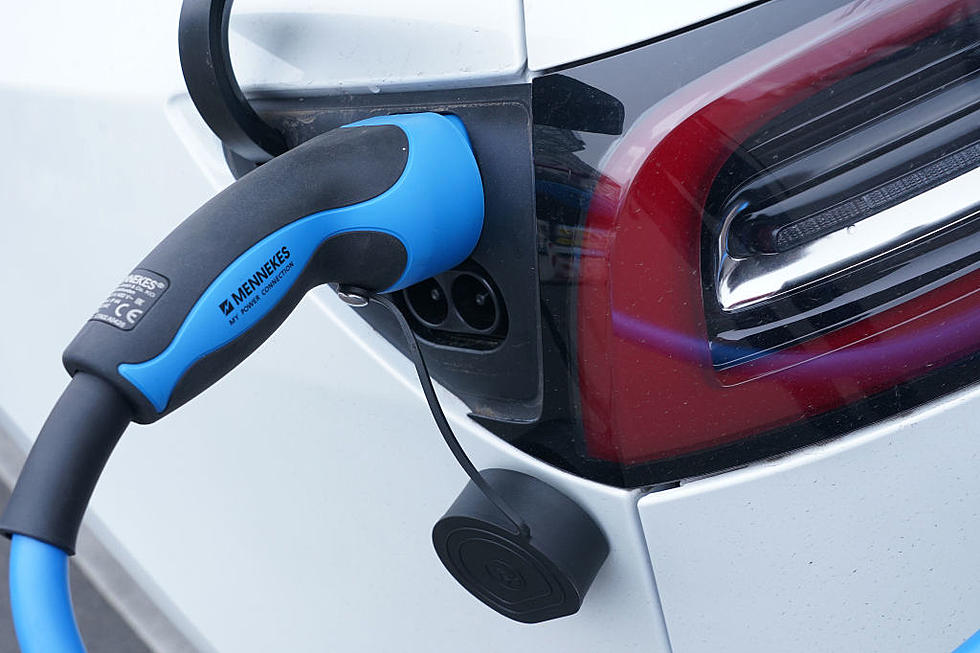
One Electrician Says New Bedford Isn’t Ready for Electric Cars
Some see the surge in gas prices as an impetus to quickly encourage the conversion from gas-powered to electric-powered cars and other vehicles. To them, this is a good thing, a motivator. Others wonder if we're moving too fast.
Car and Driver.com reported "Six major automakers – including Ford, General Motors, and Mercedes-Benz – and 30 national governments signed a pledge to stop sales of new gas and diesel vehicles by 2040 globally, and by 2035 in leading markets."
The site also stated, "The governments of three of the most significant car markets – the United States, China, and Japan – refrained from joining the pledge, as did major automakers such as Toyota, Volkswagon, and Nissan-Renault."

CNBC reports the Biden Administration "pledges the government will transition to purchasing 100 percent zero-emission vehicles by 2035 for its fleet, including all light-duty vehicle purchasing by 2027." That's roughly 645,000 vehicles.
Massachusetts, meanwhile, will ban the sale of all new gas-powered cars by 2035, according to CarandDriver.com.
Those are mighty lofty goals, but are they realistic? Are we ready to make the switch?
One question is, how much does a new electric car cost compared to a gas-powered car? Kelley Blue Book reports the average transaction price for an electric vehicle in April 2021 was $51,532." According to Money.com, "That's more than $11,000 more than you'd pay at the dealership for a full-sized, gas-powered car, and nearly $30,000 more than the average compact car sale."
Doing a bit of rough math (not my strong suit) and comparing websites, it seems as though the average electric car can get around 200 or so miles before requiring a charge. That can make long-duration trips difficult and timely, and there are a lot of unknown variables such as weather conditions and speed.
My electrician buddy Jeff Wooler told me that the average newer home in New Bedford is wired for 200 amps, while the average older home, including most three-deckers, is wired for 100 amps. Electric car charging, especially if there is more than one car per household, can drain energy supplies. There could be problems if a 100 amp three-decker has tenants in each apartment who want to use a 50 amp charger simultaneously.
An electric car requires a charger that plugs into a standard socket outside the house. Wooler said a 50 amp charger will fully charge the average electric car in six to eight hours. You can use a 30 amp charger, but it will take a lot longer to charge the car's battery, perhaps as long as a full day.
Electric car chargers vary in price, but the installation will cost between $500 and $600, though the rising cost of copper wiring is driving that price upward.
I can't help wondering if the New Bedford area can handle such a rapid conversion from gas-powered to electric vehicles without major changes to the housing stock and energy infrastructure.
Check Out Some of the Worst Parking Jobs in Massachusetts
Dartmouth Dog's Excellent Cross-Country Journey
More From WBSM-AM/AM 1420









